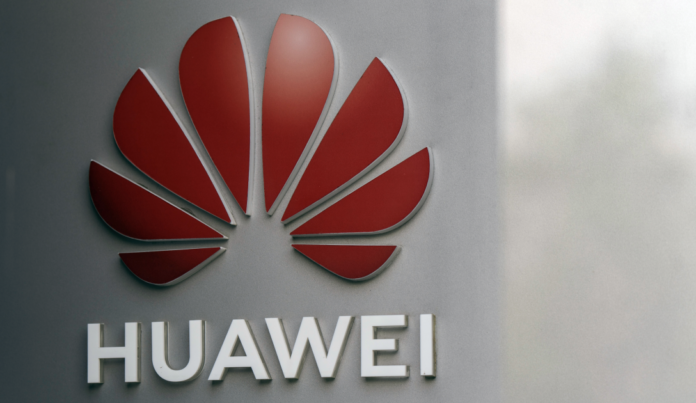Don’t miss out on our latest stories. Add PCMag as a preferred source on Google.
China appears to be retaliating against a Canadian research firm for revealing that Huawei still uses foreign components in its processors.
On Thursday, China’s Ministry of Commerce issued an order, effectively blacklisting Canadian research firm TechInsights by designating it as an “Unreliable Entity.”
The order bans Chinese citizens and companies from any transactions with TechInsights, including sharing sensitive information with the Canadian company, which specializes in analysis of the semiconductor industry and advanced chips.
The Chinese government didn’t explain what drove the order, except to say it’ll “safeguard national sovereignty, security and development interests.” But the blacklisting comes a week after TechInsights discovered evidence that Huawei’s AI chip, the Ascend 910C, contains components from Taiwan’s TSMC, Samsung Electronics, and SK Hynix.
TechInsights conducted a teardown of the Ascend 910C, which is Huawei’s response to Nvidia’s AI training chips. The discovery highlights how China continues to find ways to source foreign chips, despite US efforts to cut off Huawei’s sourcing. The tactics have allegedly included sourcing chips through intermediaries and stockpiling them, prompting the US to consider tighter restrictions and penalties.
Recommended by Our Editors
In 2023, TechInsights conducted a separate teardown that revealed a Huawei smartphone relied on memory chips from South Korea’s SK Hynix — undermining claims that the device was entirely made with Chinese technology. As a result, China’s blacklisting might prevent the Canadian research firm from conducting future teardowns of Huawei products.
TechInsights didn’t immediately respond to a request for comment. In the meantime, the order from China’s Ministry of Commerce also blacklists US cybersecurity provider Recorded Future and BAE Systems, Inc, a US defense and aerospace company.

Get Our Best Stories!
Your Daily Dose of Our Top Tech News
Thanks for signing up!
Your subscription has been confirmed. Keep an eye on your inbox!
About Our Expert

Michael Kan
Senior Reporter
Experience
I’ve been a journalist for over 15 years. I got my start as a schools and cities reporter in Kansas City and joined PCMag in 2017, where I cover satellite internet services, cybersecurity, PC hardware, and more. I’m currently based in San Francisco, but previously spent over five years in China, covering the country’s technology sector.
Since 2020, I’ve covered the launch and explosive growth of SpaceX’s Starlink satellite internet service, writing 600+ stories on availability and feature launches, but also the regulatory battles over the expansion of satellite constellations, fights with rival providers like AST SpaceMobile and Amazon, and the effort to expand into satellite-based mobile service. I’ve combed through FCC filings for the latest news and driven to remote corners of California to test Starlink’s cellular service.
I also cover cyber threats, from ransomware gangs to the emergence of AI-based malware. Earlier this year, the FTC forced Avast to pay consumers $16.5 million for secretly harvesting and selling their personal information to third-party clients, as revealed in my joint investigation with Motherboard.
I also cover the PC graphics card market. Pandemic-era shortages led me to camp out in front of a Best Buy to get an RTX 3000. I’m now following how President Trump’s tariffs will affect the industry. I’m always eager to learn more, so please jump in the comments with feedback and send me tips.







